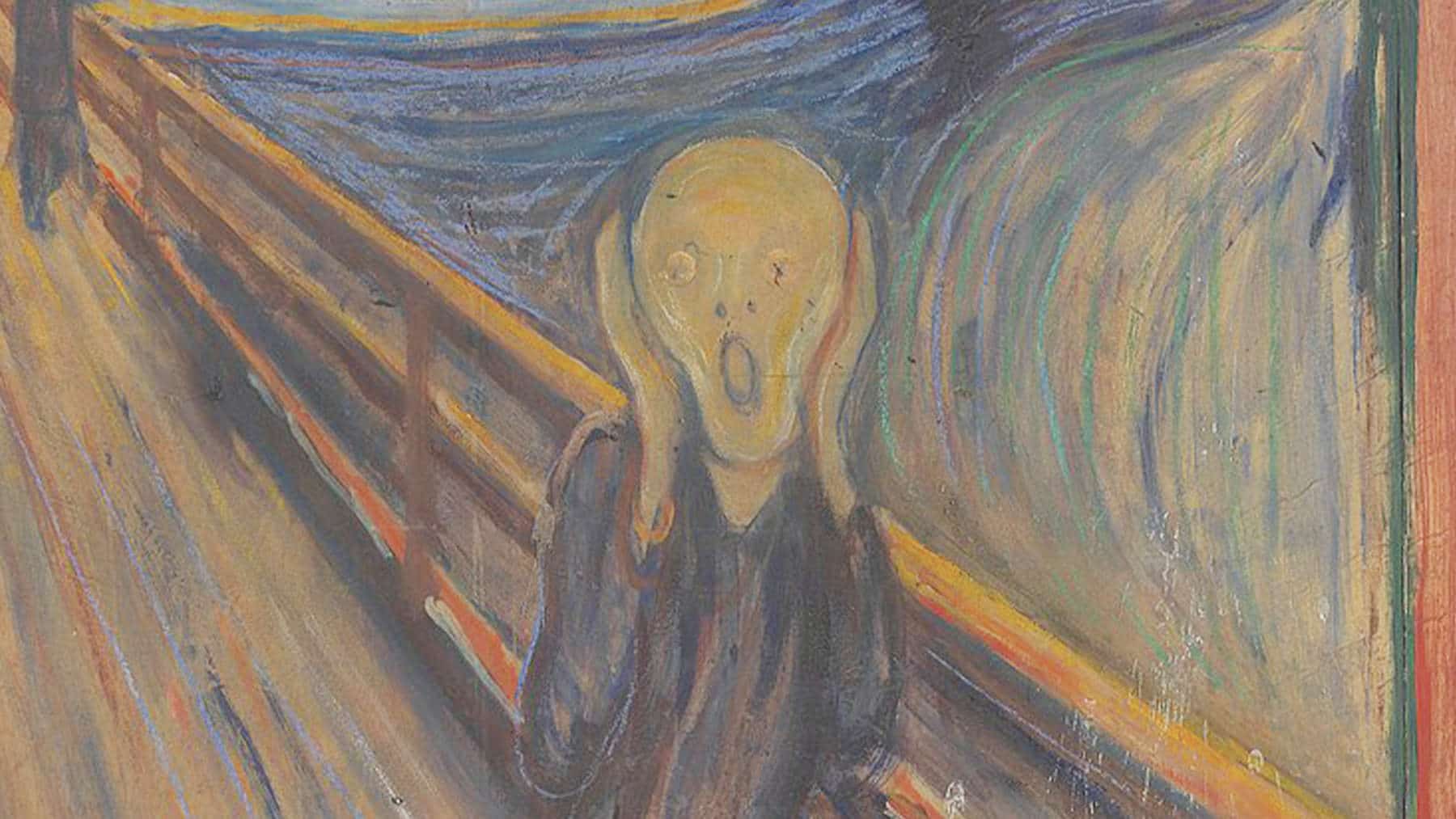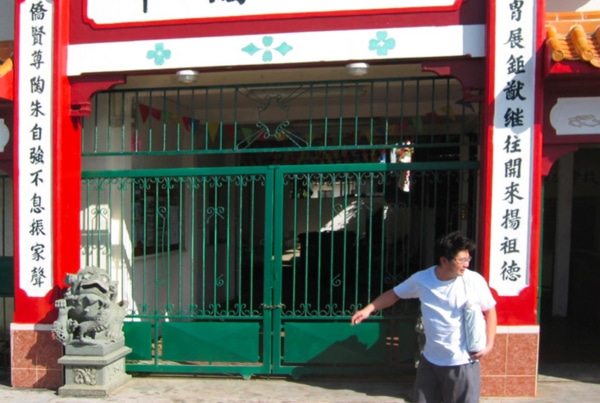
"Silences, as a frontier between the unspeakable and the unspeakable: a historiographical experiment based on the Amazonian region", lecture by Jean MOOMOU, University Professor of History.
D s part of the "Borders, Circulations, Interculturalities and Human-Milieu Interactions" seminar, the LEEISA and MINEA laboratories, in partnership with the DFR LSH, are pleased to invite you to a conference to be held on Tuesday 27 March 2024 from 4pm to 6pm in amphitheatre C. The aim of this talk is to show how the practice of silence in the process of transmitting and acquiring facts about the past conceals political, social, cultural and religious issues, which are at the service of relationships of power, domination and submission, or even liberation (M. Rolph Trouillot 2015). And the space at the heart of our analysis, structured by colonial history with its 'burns' and 'truncations', is no exception. The same applies to the history of groups with distinct itineraries, who also have their own silence. Silence, as a place of intimacy, of refuge, of meditation, of looking inward, is also akin to a " refusal to talk about inhuman acts "It also makes it difficult to use language to express actions that are shameful, shameful or horrifying. One of the consequences of silence, for example, is the invisibility of "particular" identities, which require a "disguise" in order to exist.
The Amazon region provides illustrations of this type, through, for example, chromatic identity or the weight of representations. The practice of silence can certainly be a matter of voluntary censorship, but it can sometimes be synonymous with collective, categorical and individual memory amnesia; an oblivion that is part of the very functioning of memory and which is "a form of amnesia". necessary for both society and the individual (Augé 2001: 7-119). It can also fuel demands for public policies of positive discrimination and reparation, and for special rights, as well as intense polemics. This is borne out by the fact that the memory of colonisation is still very much alive, and that minorities are seizing on 'decolonial' thinking to express, or even denounce, their 'human condition'. Exploring silences as a source of information raises questions of an epistemological, heuristic and methodological nature. Should researchers say everything or hold back?
About the author
Jean MOOMOU holds a doctorate in history and civilisations (EHESS), is qualified to direct research (Université Toulouse II Jean Jaurès) and is a university professor of history at INSPE, Université de Guyane. He studies the history of the colonial fact through the discourses and representations of the socio-political practices of slavery among populations of African origin in the Amazonian world and the West Indies. He is also involved in the anthropology of the oral Maroon Bushinenge societies of Surinam in French Guiana. He is sensitive to the issue of history through place, art and architecture, lexicon and sensitive cultures.




